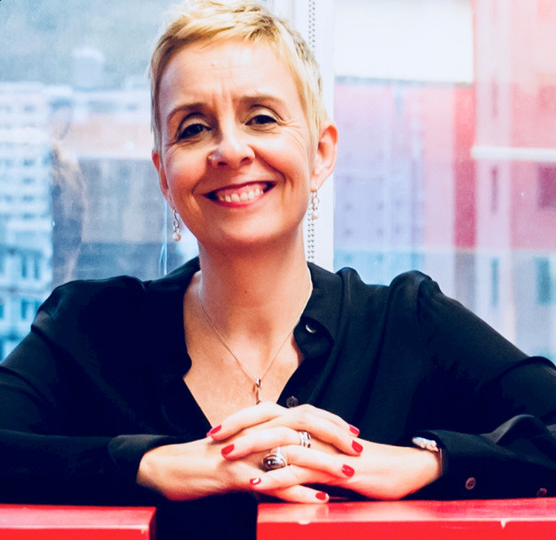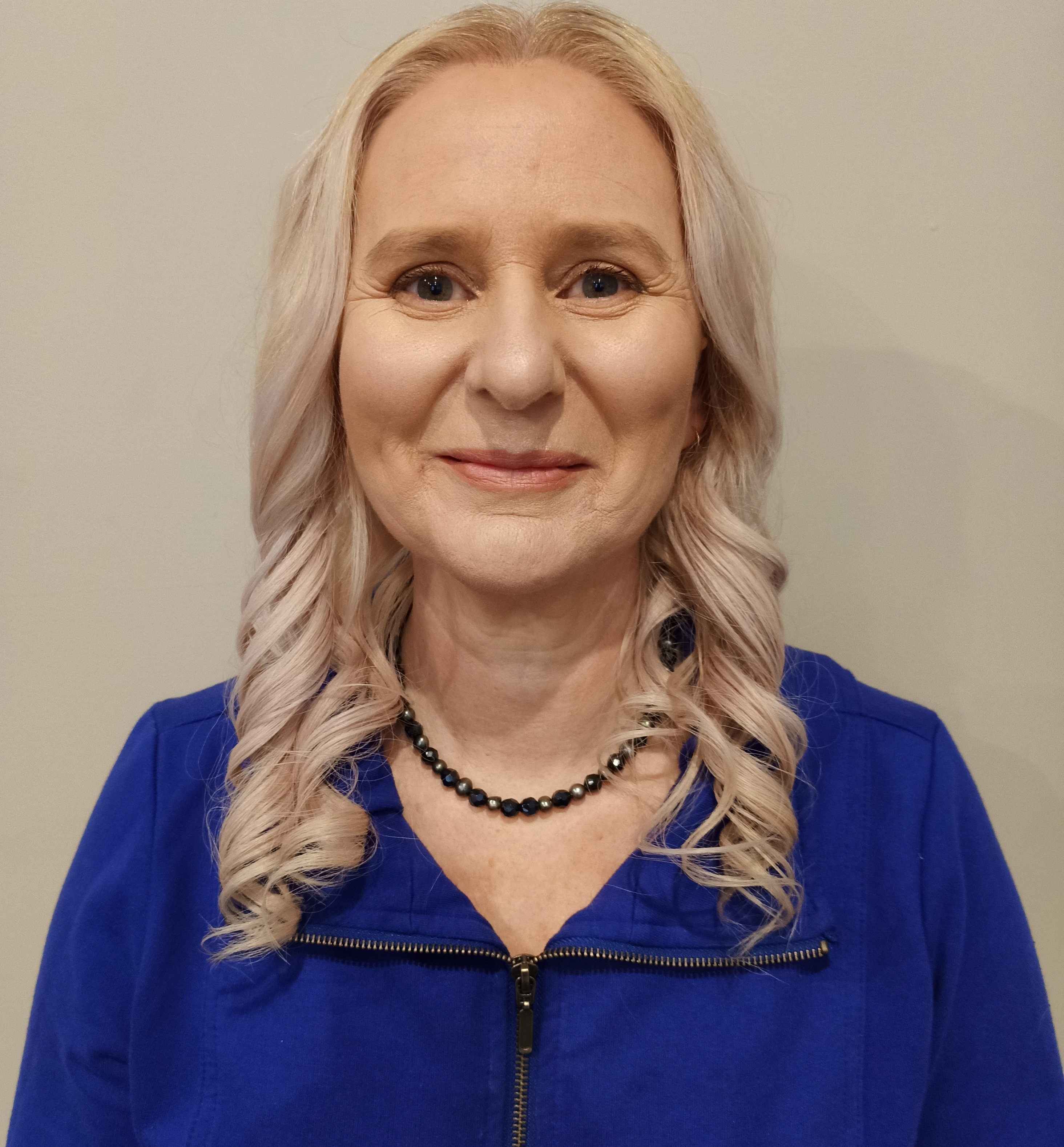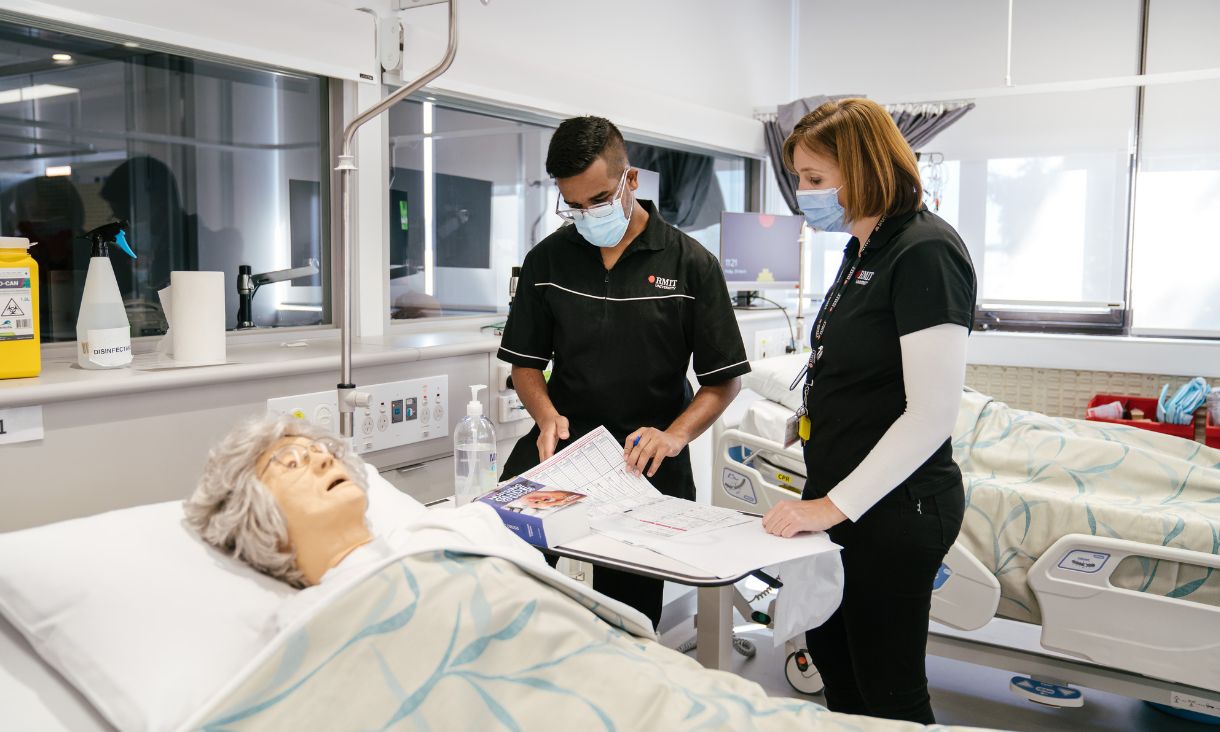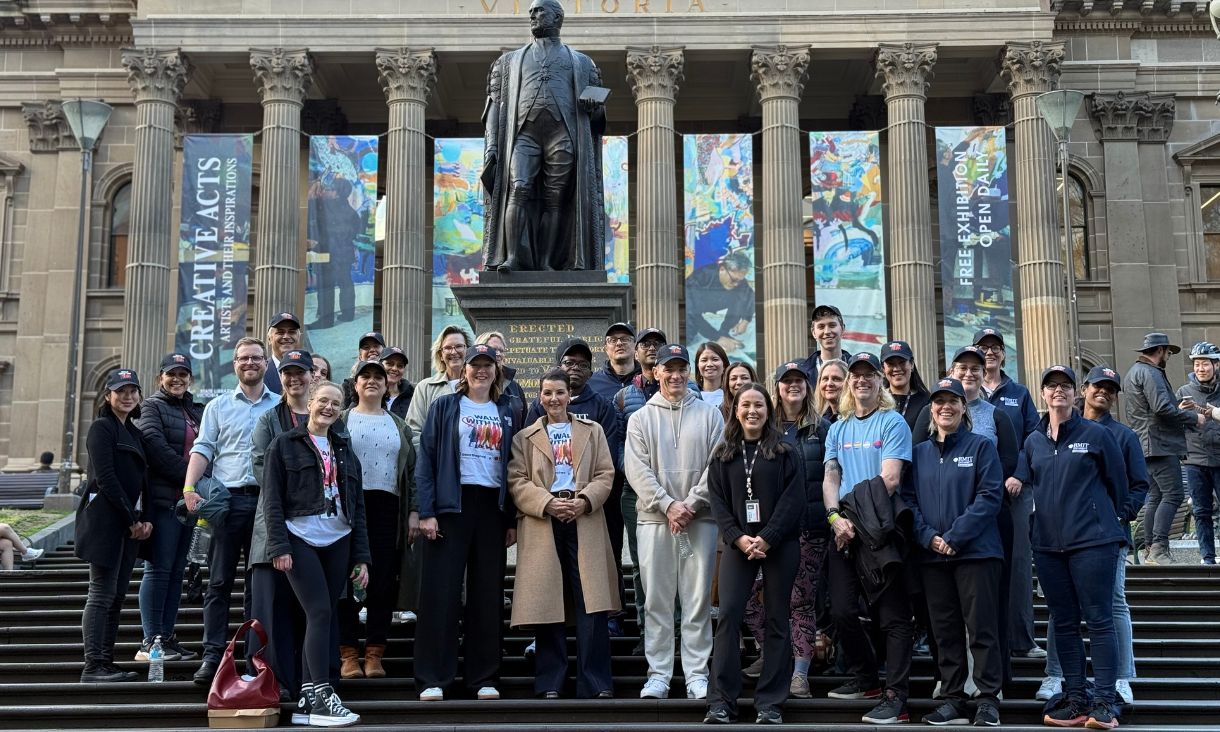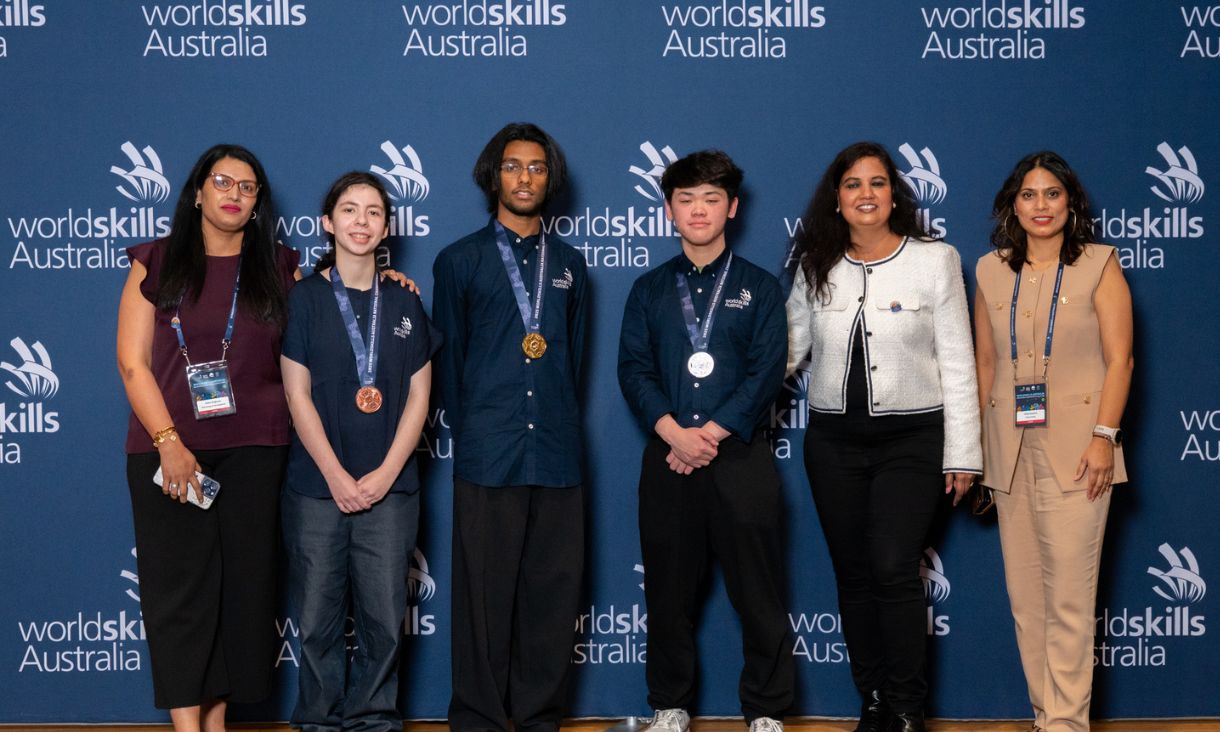Graduate Sharyn Ciberlin, 53, has now found work as a personal carer, after being in and out of work since 2018.
After an initial career as a chef, that included working for the military and various hospitality venues, Sharyn had more recently been working at a school supporting teachers in the classroom and teaching kids to cook.
However she said it was doing voluntary work for Melton Council taking elderly to their appointments and then supporting a friend who had a stroke that made her realise she also had a flair and passion for personal care and supporting others in the community.
“This course and new career feels like a wonderful fit for me. The people I support, they value and appreciate me and I love to support them, especially as my life experience and knowledge adds to my contribution to the aged,” she said.
“Also being over 50, and having worked as a chef in the past, I was looking for a job that was less strenuous physically and one that suited my skills and qualities including compassion and empathy for others.”
Sharyn emphasised the importance of choices and opportunities to re-educate yourself as people get older.
“This program is really clever as it’s addressing two issues in our community: employing older workers and focusing on supporting members in our community including the aged and people with a disability,” she said.
“You do hear about homeless levels for people over 50 or that we can be slotted into the ‘too old’ category for some roles.
“It can be especially challenging for our generation of women who have had to care for our family, elderly and young and may have had time out of our careers to do this.
“It’s so important to keep ourselves re-educated and to fit in with the current work needs, especially if we’ve had to step out of work for a time.
